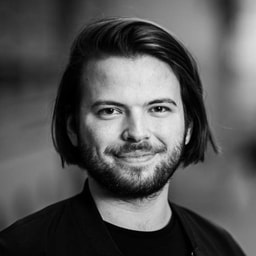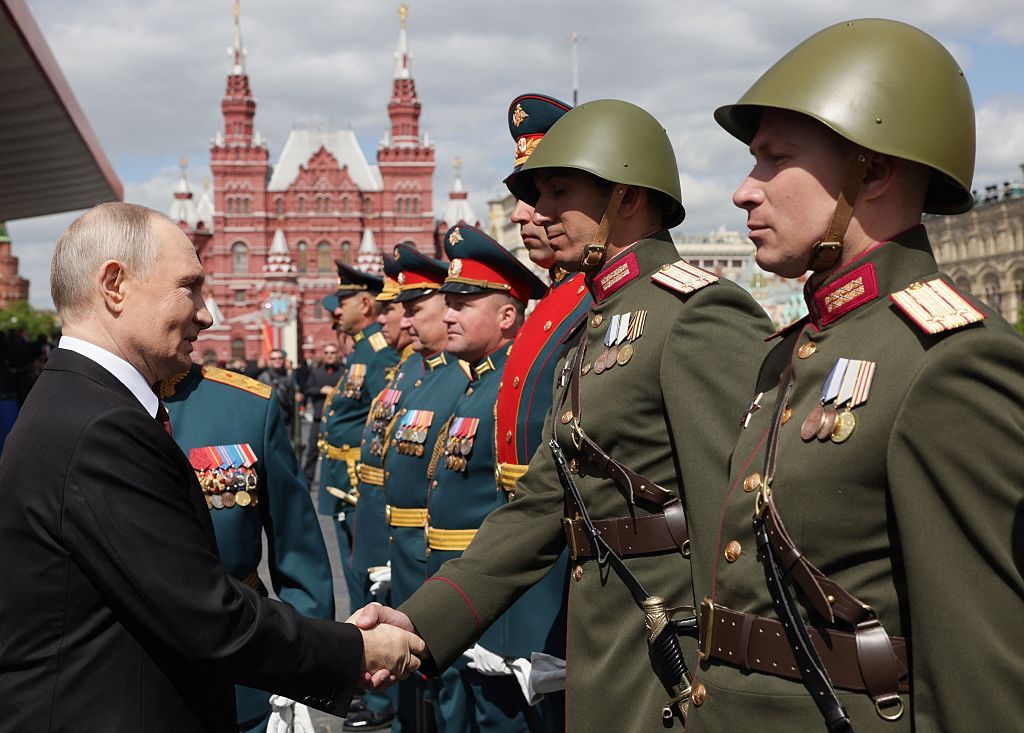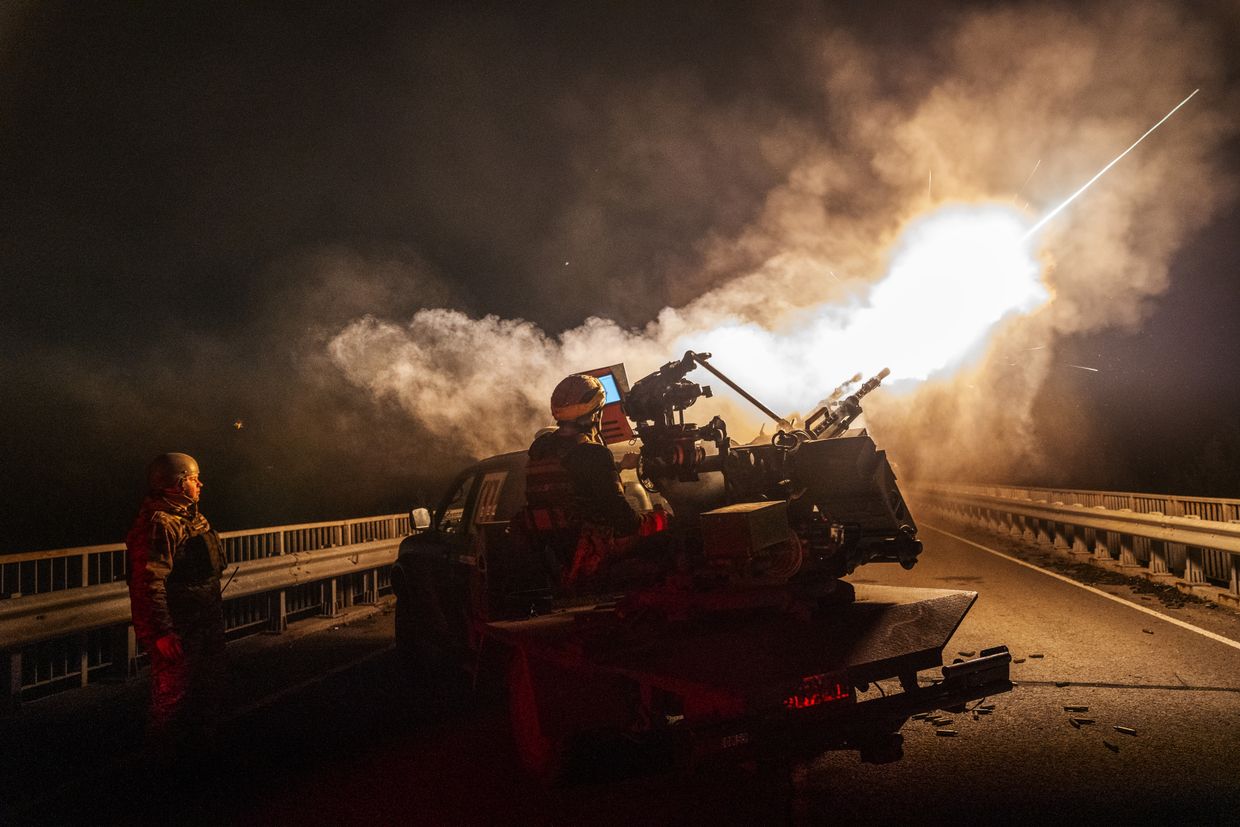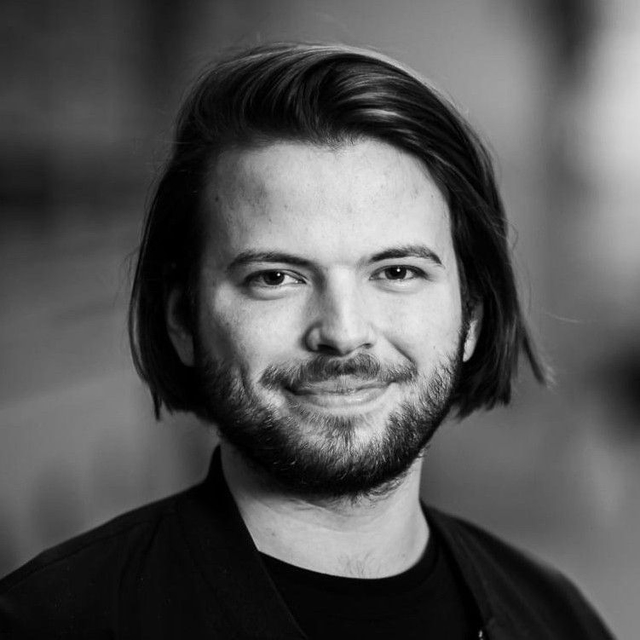EU ministers gather in Lviv — pledge 1 billion euros for military industry, back tribunal for Russian crime of aggression

Editor's Note: The original version of this article said that the EU foreign ministers committed to advancing a special tribunal for the Russian war crimes. The tribunal will actually investigate Russia's crime of aggression against Ukraine.
LVIV — On Europe Day, as tanks rolled through Moscow's Red Square in a show of force with many foreign leaders aligned with Russia joining, European foreign ministers gathered in Lviv to deliver a different message — in their own words one of solidarity, justice, and long-term military partnership with Ukraine as stated by many of the almost 20 European foreign ministers during the Lviv meeting.
Ukrainian officials, including Foreign Minister Andrii Sybiha, Prime Minister Denys Shmyhal, and the EU's top diplomats, signed a landmark agreement to bolster Ukraine's defense industry and committed to advancing a special tribunal for the Russian crime of aggression against Ukraine.
The approval marks a key step in international efforts to hold Moscow accountable for what is considered the gravest violation of international law committed against Ukraine.
"This is a concrete step to help Ukraine not only defend itself today, but build long-term resilience," said the EU Foreign Affairs Chief Kaja Kallas.
The agreement, backed by 1 billion euros sourced from the windfall profits of frozen Russian assets, is designed to facilitate joint production and procurement of military equipment.
Since the start of Russia's full-scale invasion in 2022, Western countries have frozen approximately $300 billion in Russian sovereign assets. In October 2024, the Group of Seven (G7) approved nearly $50 billion in loans for Ukraine, to be repaid with proceeds from these frozen assets.
Tribunal talks become solid
During the visit, ministers convened a session of the international coalition pushing for a special war tribunal to prosecute Russia's top leadership for its full-scale invasion of Ukraine.
While the International Criminal Court (ICC) has issued arrest warrants for a number of Russian officials over war crimes, it lacks jurisdiction to prosecute the crime of aggression against a non-signatory like Russia — a legal gap the new tribunal seeks to close.
"It's a breakthrough, because even (Vladimir) Putin can be tried now," one diplomat told the Kyiv Independent.
President Volodymyr Zelensky has consistently pushed for the creation of a special tribunal to hold Russian leaders, including President Vladimir Putin, accountable for launching the full-scale invasion.

Ukrainian authorities have documented thousands of war crimes, including targeted attacks on civilians, medical facilities, and cultural heritage sites, as well as widespread torture and forced deportations.
The day began with ministers paying tribute to fallen Ukrainian soldiers at Lychakiv Cemetery before proceeding to Lviv City Hall, where a minute of silence was held.
As Ukraine braces for a continued war with Russia, the commitments made in Lviv may mark a turning point in Europe's strategy toward the Russian invasion of the country.
A Divided Europe: Criticism of Fico's Moscow Visit
The timing of the Lviv summit offered a clear contrast to the parade in Moscow, where Slovak Prime Minister Robert Fico appeared alongside Putin at the annual Victory Day parade. His presence drew sharp criticism from multiple EU leaders.
"Fico stands shoulder to shoulder with the man who started this war," said Kallas. "It's incomprehensible. You stand on the wrong side of history," Kallas told the press during the summit.
Fico's friendly stance toward the Kremlin, including controversial meetings with Putin, has drawn condemnation from European leaders.
Czech Foreign Minister Jan Lipavsky added a pointed remark: "I'm glad no Czech official stood in Red Square today. We must stand with Ukraine — not lend credibility to Russian propaganda."
Polish Foreign Minister Radoslaw Sikorski quipped, "Wasn't he supposed to be sick?" — referencing Fico's earlier claim he would skip Moscow due to illness.















